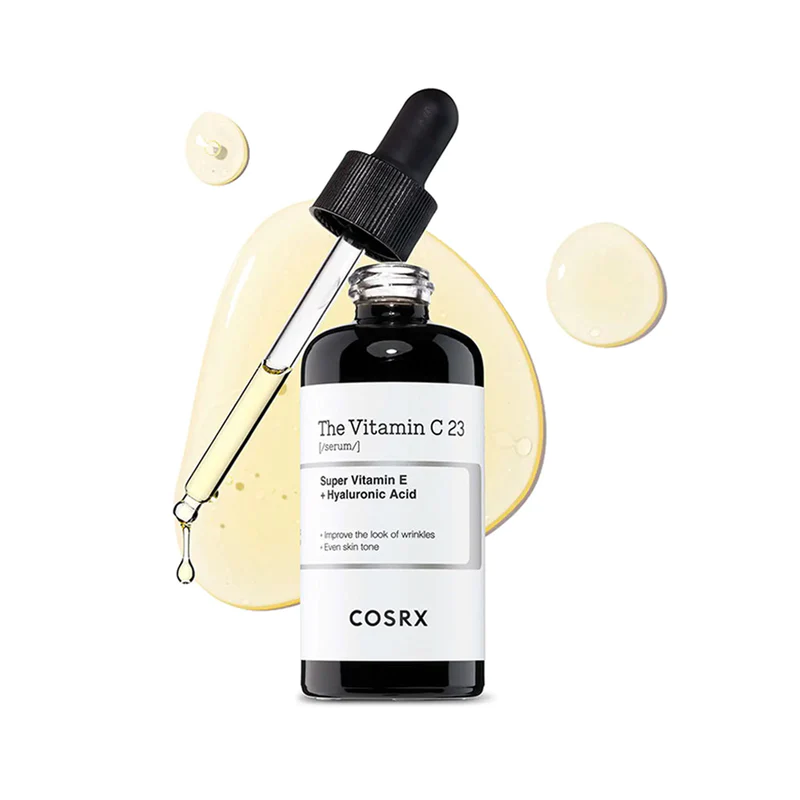If you’re looking to amp up your skin care routine with a product that offers a bigger, more powerful dose of active ingredients than a cleanser or moisturizer, a minimizing pore face serum may be the answer.
Designed to nourish, protect, and hydrate your skin, a face serum is a great next step after cleansing and before moisturizing.
Let’s get into the benefits of using a minimizing pore face serum and how different kinds of serums can benefit your skin.
What is serum?
Serums are thin-viscosity topical products that contain concentrated amounts of active ingredients. The concept with a minimising pore serum is that larger amounts of active molecules will potentially penetrate the skin’s surface for optimum effectiveness. Also, due to the higher concentration, it typically takes a shorter amount of time to see visible results.
Many people wonder why they can’t just use a moisturizer or face cream on their skin in place of a minimizing pore serum. While there is no hard and fast rule, research suggests using both, and to layer accordingly.
Because a serum is lighter and delivers active ingredients to the skin quickly, it goes on first, after you’ve cleansed your skin.
But you also need to seal the serum to maximize the benefits, which is why a moisturizer or face cream is the next step. Think of a serum as the secret weapon for treating skin issues like discoloration, dullness, fine lines, or acne — and a moisturizer as the key to hydrating your skin.
What are the benefits?
If you use a face serum that’s well suited to the type of issue you want to address, a minimizing pore serum can have numerous benefits.
Let’s look more closely at some of the key benefits of adding this product to your skin care routine.
Face serum benefits:
- Absorbs quickly into your skin. Serums are lighter skin care formulations than moisturizers. The thinner viscosity allows the serum to be absorbed more easily into your skin. This makes a face serum an ideal first step in the layering process.
- Soothes sensitive skin. Serums, with their light preparations, are often better for individuals with acne-prone or oily skin types, according to Dr. Melanie Palm.
- Improves the appearance of fine lines and wrinkles. Some face serums contain ingredients like retinol that may help reduce the appearance of fine lines and wrinkles.
- Protects your skin from free radicals and future damage. Serums with ingredients like vitamin C, vitamin E, ferulic acid, green tea, resveratrol, and astaxanthin help prevent oxidative damage from ultraviolet (UV) light and pollution, which can lead to premature skin aging and wrinkles.
- Has the potential to provide more visible results. The higher concentration of active ingredients may provide more visible results, compared with other types of skin products.
- Feels light on your skin. They absorb quickly into your skin, a face serum doesn’t feel heavy or greasy.
Types of face serums and ingredients
When it comes to choosing a skin serum, it’s important to recognize there are different types of serums, as well as specific ingredients to look for based on your goals.
In general, face serums fall into the following categories:
- anti-aging serums
- skin-brightening serums
- hydrating serums
- Free-radical fighting serums
- Acne-prone and sensitive skin serums
- Reparative/texture improvement serums
How to use a serum
The best way to use a face serum is as a base layer under your heavier products like moisturizer, sunscreen, and makeup.
“While younger skin generally doesn’t need much more than a gentle cleanser and daily broad-spectrum sunscreen, it’s helpful to get into a healthy, preventative skin care regimen.”
Doing so may help prevent discoloration, oxidative damage, dehydration, and premature skin aging and wrinkles. You can use a face serum once or twice a day after cleansing and toning your skin. Think of it as the step after you clean.
How often you apply a serum to your skin depends on your goals. Palm suggests the tips below to help you determine when to apply face serum to your skin.
Frequency of face serum application:
- Anti-pigmentation and antioxidant serums work best when applied in the morning. This helps protect your skin against environmental assaults and free radical production produced by light, including UV and high energy visible light.
- Anti-aging serums are often best suited for nighttime application. This allows the ingredients to work with your body’s circadian rhythm for skin repair and turnover.
- Hydrating serums for drier skin can be applied twice daily to help keep your skin dewy and moisturised.
- Minimising pore serums are for when your blackheads are extra visible and pesky, all you need to do is apply the serum twice daily for the problem to resolve
The bottom line
Face serums are lightweight products that contain a high concentration of active ingredients. They absorb quickly into your skin, making them an excellent next step after cleansing.
There are many different types of serums, each with a unique purpose and ingredients. Some serums help to brighten your skin or reduce blemishes, while others focus on boosting hydration or fighting the signs of aging.
Some serums work better in the morning, while others work best when applied in the evening. If you’re not sure if a face serum is right for you, or which type to use for your skin, talk to a board certified dermatologist for more information.

